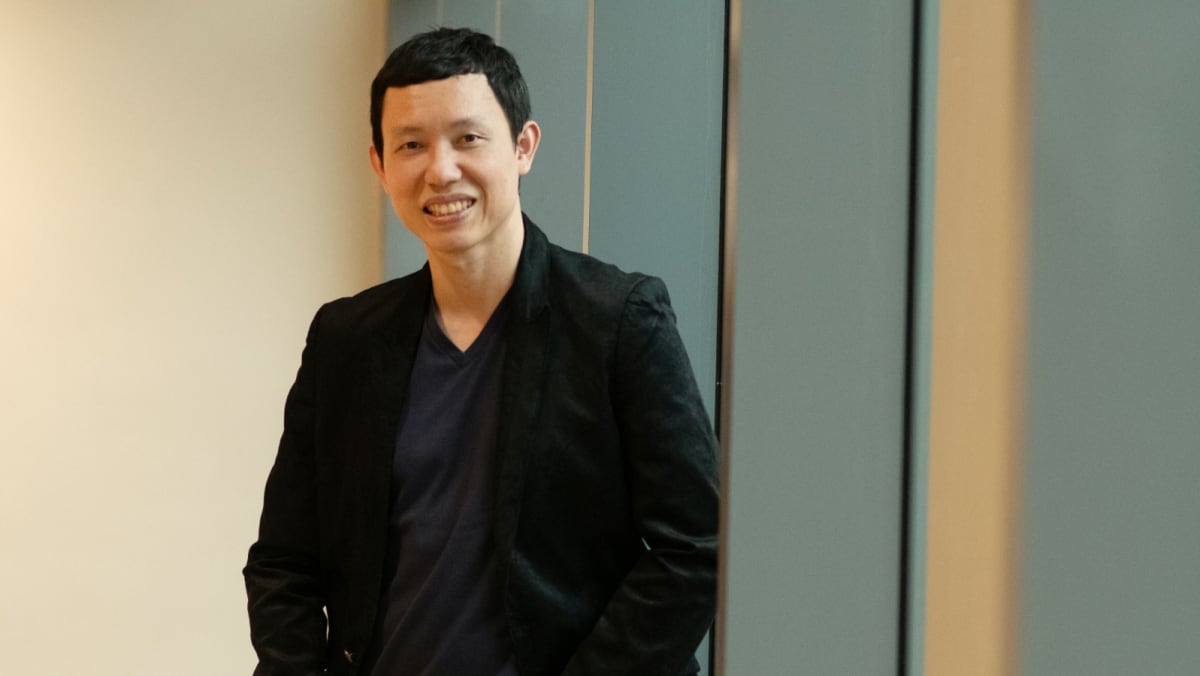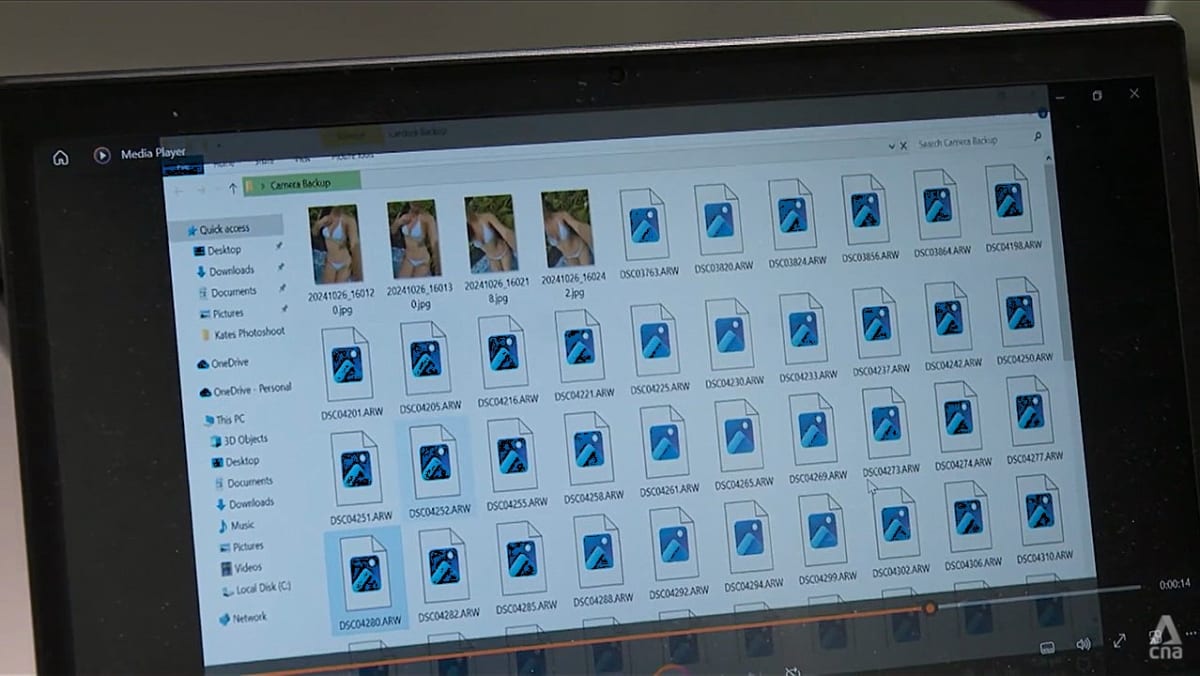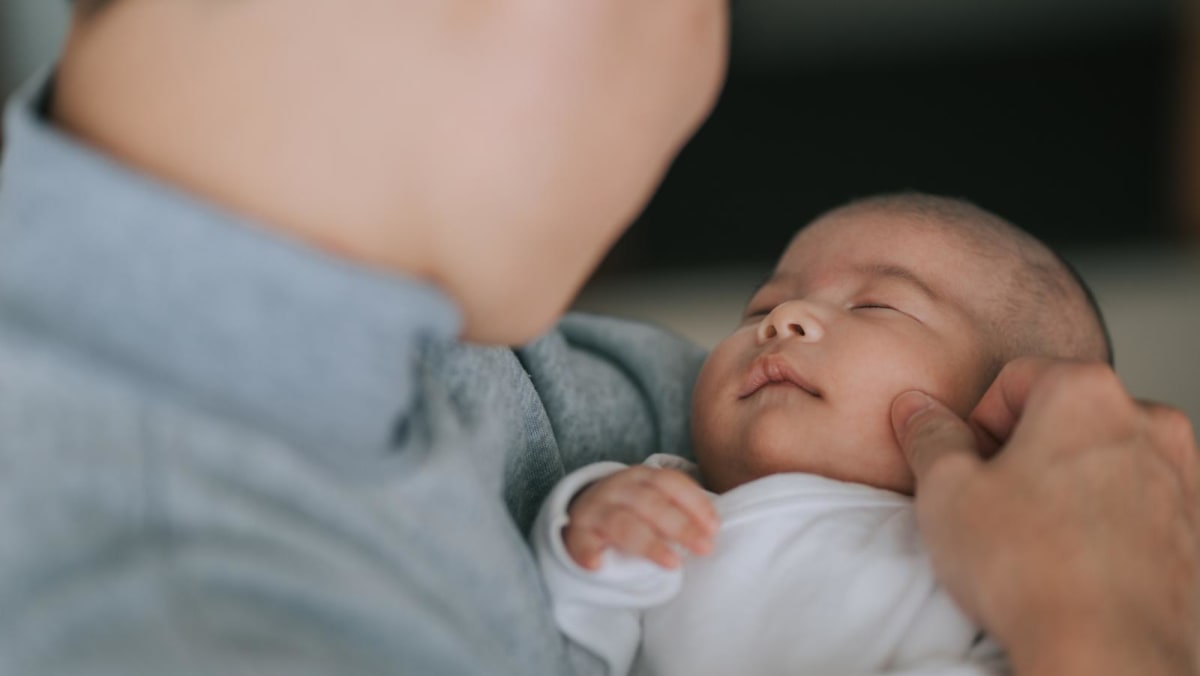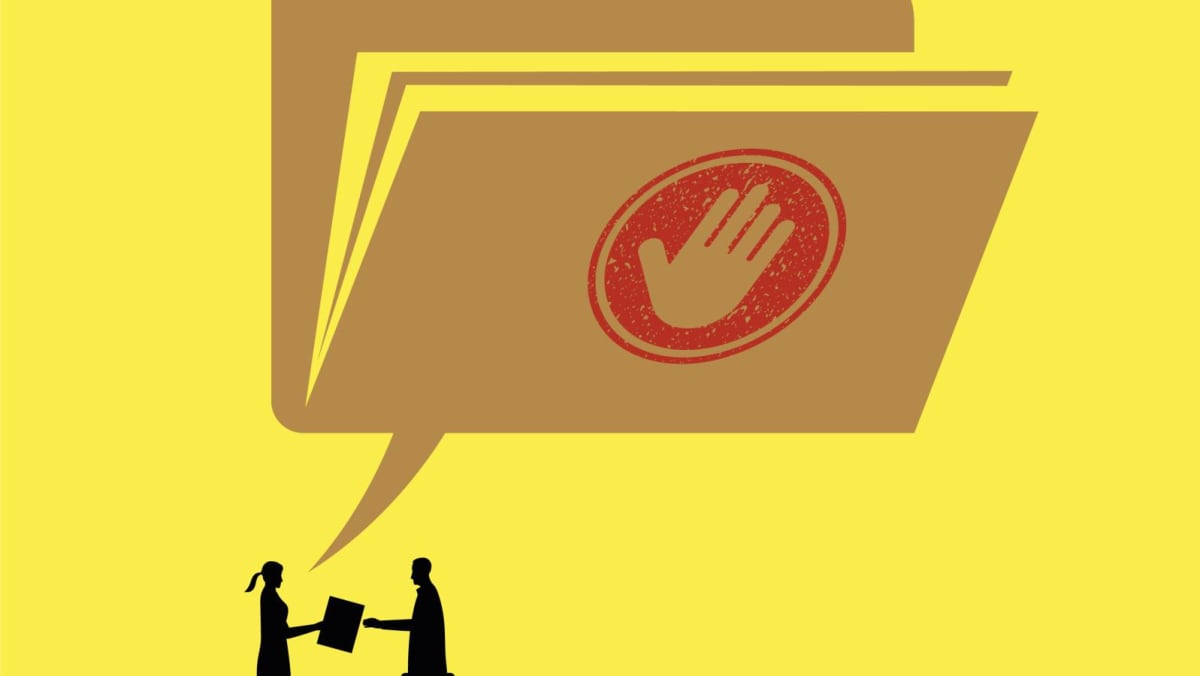Mr Muhamad Faiz Zulkiffley, a social worker at PPIS As-Salaam Family Support Centre, encounters children of divorce who face financial difficulties after the dissolution of a family’s financial structure.
This results in children taking on significant responsibilities at a young age. These include supporting their single parent and siblings and having to deal with divorce-related disruptions while still coping in school.
PPIS As-Salaam Family Support Centre offers counselling, programmes and workshops catered to parents and children of divorce.
Children also assume interpersonal responsibilities, Mr Faiz said, since some of them become their parents’ “emotional confidante”.
For a 25-year-old media professional who wished to be identified only by her first name Ashley, her parents’ divorce when she was 10 years old does not constitute her “core identity”, but has increased her obligations as a daughter.
“As the only child of divorcees, you basically become a parent proxy. I remember feeling very worried about money as a child,” she added. She did not give her full name because she did not seek her employer’s permission to speak to the media as company policy.
As her mother’s listening ear, she became hyper-sensitive to her mother’s moods, to the point of building her entire schedule around her mother’s preferences, even into her adulthood.
“Even though I’m grateful that they divorced, I am not glad that I had to become my mother’s support system, because I don’t think any child should bear that responsibility.”
In the cases she has seen as part of her counselling work at The Relationship Room, founder and counselling director Theresa Pong said that children of divorce often struggle with emotional regulation, which has an impact on their ability to form healthy relationships.
However, these adverse experiences also allow them to develop empathy and problem-solving skills that they bring into adulthood.
“They have this high awareness of what’s happening in their parents’ lives and they don’t want to repeat that. So they spend time and effort to learn how to navigate difficult conversations,” Ms Pong added.
BEING MORE THOUGHTFUL IN RELATIONSHIPS
One oft-cited impact of divorce is that it causes children of divorce to lose marital confidence when they grow up.
The common thinking is that these children lose faith in the institution of marriage because they have seen their parents’ marital bonds erode over time.
This lower inclination towards marriage and higher likelihood of divorce, as put forth in the MSF study, seem to imply that these children may be penalised in their own relationships when they become adults.
Even though parental divorce can lead to unresolved psychological baggage in children, some of the interviewees told CNA TODAY that this is not the full story, because their past experiences makes them prioritise healthier relationships and have taught them what to avoid when it comes to marriages of their own.
Rather than becoming “anti-marriage”, some children of divorce said that they are more intentional about relationship planning, by reflecting on why their parents’ marriage ended.
Ms Celeste Toh, a 27-year-old analyst in the financial sector, came to this realisation during therapy after sensing that “something was wrong” with her relationships.
“I used to constantly seek male attention, which was generally coming from a place of having no father in my life. At the start of my relationships, I always felt insecure, I would also always imagine (my partner) is cheating on me anytime we’re not together.”
After realising how these issues stemmed from witnessing her parents’ relationship troubles, she ensures that there is open communication with her husband whenever they encounter problems.
Likewise, Ashley the media professional said she realised that her parents were incompatible in terms of interests and values from the beginning, which has made her more cautious in her approach to her own relationships and any future children she may have.
“I don’t want to put a child through a traumatic environment. I feel that any parent doesn’t give birth to a child thinking that their relationship is going to be bad, but I wouldn’t take the same steps as a parent,” she added.
“I would be hyper-aware that a child is not your support system, and that exposing your child to conflicts is very damaging for the spirit and the way they look at life.”














